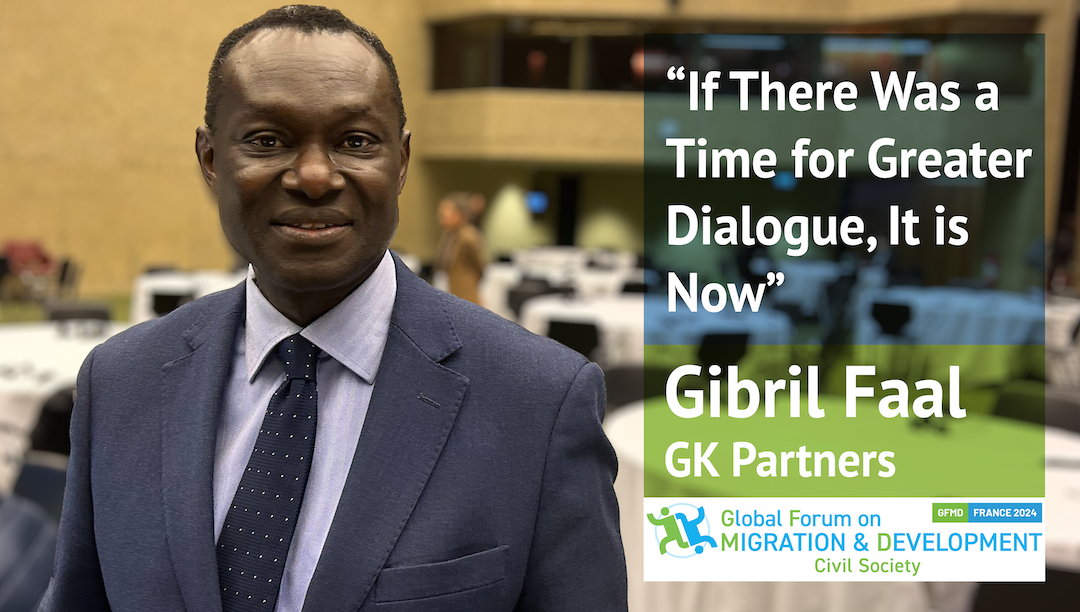“If you think of all of the accepted parameters and indicators of development, that is, supporting education, supporting health, supporting investment, all of the Sustainable Development Goals, you see that diasporas contribute significantly, both in terms of finances, and in terms of intellectual investment, in terms of innovation, in terms of impact,” says Gibril Faal, director of the UK-based social enterprise GK Partners.
These contributions are evident in the day-to-day, as well as during times of emergency. “In recent times, perhaps the most important emergency is the COVID-19 pandemic. And when that happened, we saw the diaspora respond first as first responders. Before governments or institutions and international bodies could sort themselves out, go through the formalities they need to go through, the diasporas were already acting, sending resources, sending medication, sending all the protective gear to help their families and members of community.” For example, he says, the single biggest donor of face masks to The Gambia during the pandemic was Ms. Alagie Jallow, a member of the Gambian diaspora who donated 1.6 million facemasks to Gambian institutions.
The role of diaspora is widely accepted and understood in the development sector, but it still needs to be institutionalised. “That is,” says Mr. Faal, “that those positive elements of diaspora engagement and participation in development [must be] locked in within the national and international systems,” so that diaspora organizations can receive funding, technical cooperation, and are recognition as “parties to the major discussions and the major dispensations.”
Mr. Faal was interviewed during the GFMD Civil Society Preparatory Meeting to the 14th GFMD Summit, which took place in Geneva, Switzerland, on 22 January 2024.

